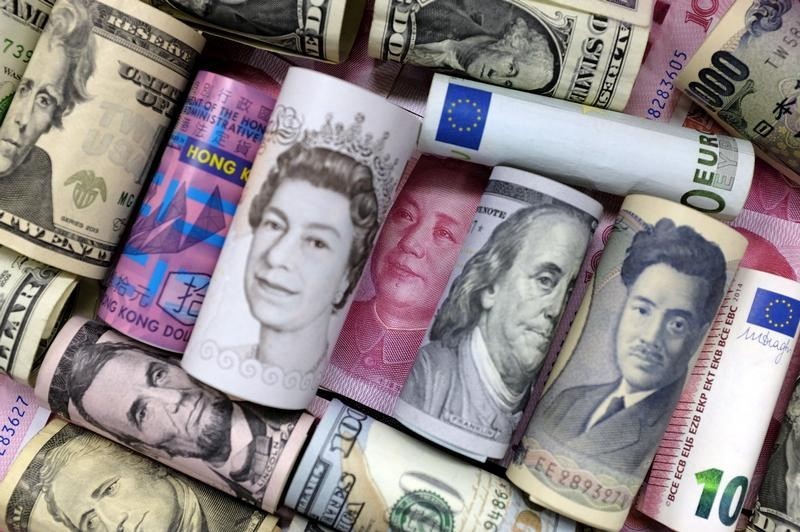By Patrick Graham
LONDON (Reuters) - The euro fell around a third of a cent against the dollar on Thursday, anticipating further policy easing by the European Central Bank, while the New Zealand dollar hit a two-week low after a surprise rate cut there.
Expectations are high that ECB policymakers will deliver a telling blow in the central bank's campaign to get inflation rising again and drag the euro zone economy out of the mire after eight years of weak growth.
But senior currency sales managers at a handful of major banks say that speculators are probably only about a third as much engaged on the euro as they were before a December decision that underwhelmed and left many investments underwater.
"The ECB will probably try to deliver more than the market expects to get a real effect from these measures. That means that besides the rate cut that seems to be priced in by markets, we will get something on the QE side," said Daniel Trum, a currency strategist with the wealth management arm of giant Swiss group UBS.
"But we also acknowledge that there is a risk that they under-deliver as in December, and that would obviously strengthen the euro."
The New Zealand dollar sank by almost 2 cents <NZD=D4> after the Reserve Bank shocked most in markets by cutting its official cash rate by 25 basis points to 2.25 percent, citing a material decline in a range of inflation expectation measures.
The central bank also signalled there would be at least one more rate cut to come.
"All in, its a clear negative signal for the kiwi," said Citi strategist Todd Elmer. "The question is the degree to which this can extend amid a backdrop of globally rising risk appetite."
The New Zealand currency had recovered around 0.2 percent from the lows hit overnight, but at $0.6635 was still down almost 2 cents from lows hit after the decision.
The ECB is widely expected to cut its deposit rate by 10 basis points to -0.40 percent, but it will be the other announcements, and President Mario Draghi's comments in the news conference that follows that should generate the most action.
Most important is how the ECB tries to shield banks from the fallout of negative rates, following a sell-off in global bank stocks on the issue.

The common currency was down 0.3 percent at $1.0977 <EUR=> and 0.2 percent at 124.86 yen (EURJPY=).